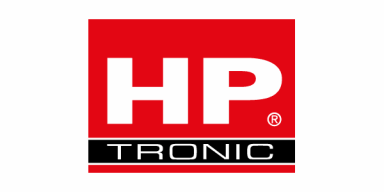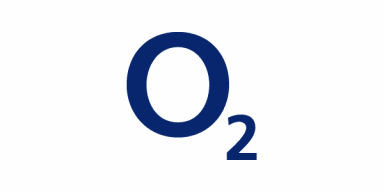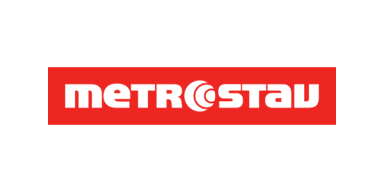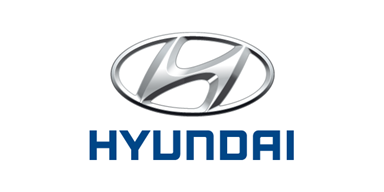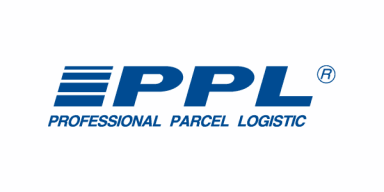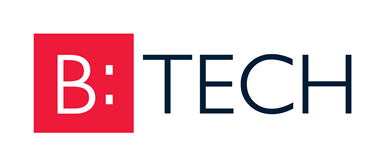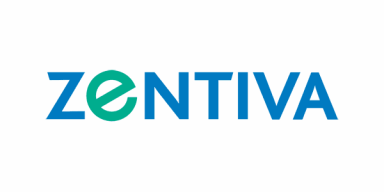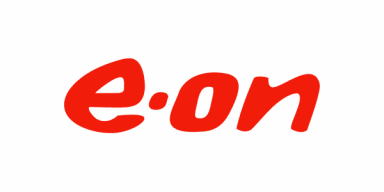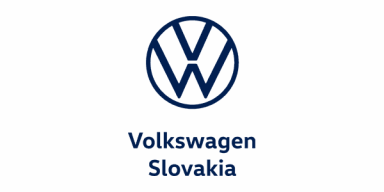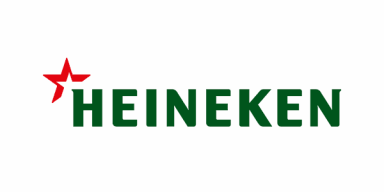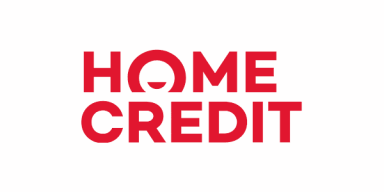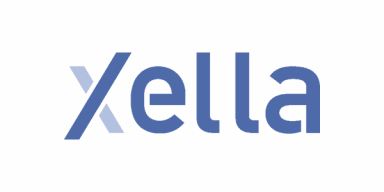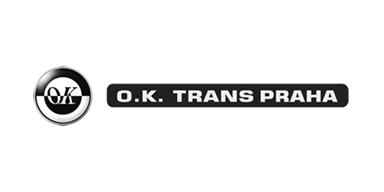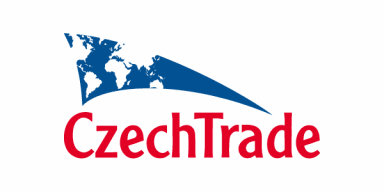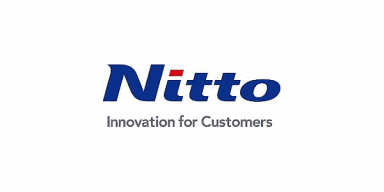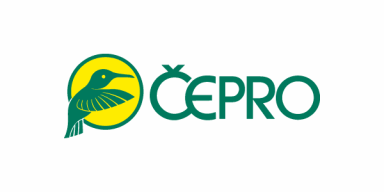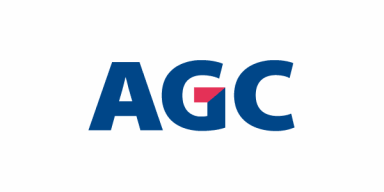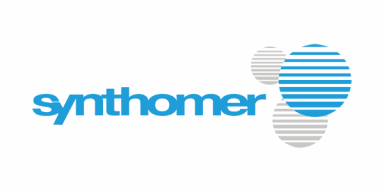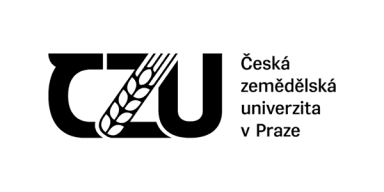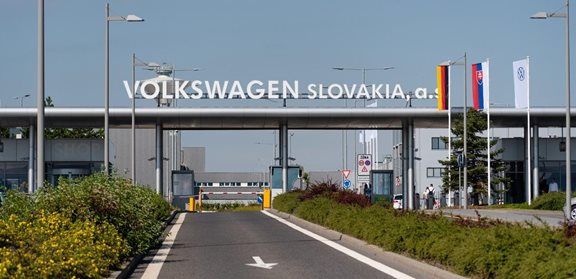Yes. Electronic signatures compliant with the eIDAS regulation are fully legally valid in all EU member states. A Qualified Electronic Signature (QES) has the same legal weight as a handwritten signature.
Electronic Signatures and Trusted Documents
Accelerate your signing processes, reduce costs, and ensure full legal validity of documents across the EU. Our electronic signature solutions, built on IBM Signature Foundation, SecuSign, and eIDAS compliance, are designed to meet the needs of everyone.

Modernize Your Signing Processes
Traditional signing methods (paper, in-person delivery, scanning) slow down business operations, increase error rates, and limit traceability. In large organizations, this can result in thousands of lost hours annually, high costs, and unnecessary legal risks.
A digital signature solution brings tangible benefits. Statistics show that electronic signatures can shorten the time needed to close contracts and process invoices by up to 28%, while delivering up to 26% cost savings and 19% higher revenues. Moreover, up to 80% of contracts are completed within a single day thanks to e-signatures, and 44% of them within just 15 minutes.
Our electronic signature solutions are built on proven standards and meet the strictest requirements of both European and local legislation. With seamless integration into existing enterprise infrastructure, including document management systems or ERP, you gain:
A digital signature solution brings tangible benefits. Statistics show that electronic signatures can shorten the time needed to close contracts and process invoices by up to 28%, while delivering up to 26% cost savings and 19% higher revenues. Moreover, up to 80% of contracts are completed within a single day thanks to e-signatures, and 44% of them within just 15 minutes.
Our electronic signature solutions are built on proven standards and meet the strictest requirements of both European and local legislation. With seamless integration into existing enterprise infrastructure, including document management systems or ERP, you gain:
- legally binding signatures accepted across the EU,
- full auditability and security, essential for compliance and internal governance,
- significant acceleration of processes across departments, locations, and partners,
- measurable cost and time savings, especially when processing thousands to millions of documents per month.
What Slows Down Signature Digitalization in Large Organizations
In large companies and institutions, digitalizing signature processes is not just about deploying new technology. It is a complex transformation that encounters many obstacles—from robust legacy systems and complex compliance requirements to high demands on performance and scalability.
One of the main issues is the sheer volume of documents. Organizations working with millions of contracts, purchase orders, invoices, or HR documents struggle to maintain consistency, security, and traceability throughout the entire document lifecycle, from creation to signing and archiving. Traditional processes often rely on paper or manual steps, which slow down workflows and increase error rates.
Another challenge is integrating electronic signatures into existing systems. Many organizations operate with a combination of platforms—ERP, DMS, records management systems, SharePoint, as well as proprietary portals and applications—and need electronic signatures to become a natural part of these environments, not an isolated tool.
Growing regulatory pressure also brings the need for full auditability, legal indisputability, and long-term preservation of documents. Compliance with directives such as eIDAS, GDPR, or national records management laws is essential not only for legal departments but also for building trust with partners, customers, and citizens.
Finally, scalability plays a critical role. A solution that works for a small company often fails in environments where hundreds of thousands of transactions must be processed daily while ensuring availability even in crisis situations. For enterprise environments, robust architecture, high availability, and the ability to run multiple parallel signing workflows across the organization are key.
One of the main issues is the sheer volume of documents. Organizations working with millions of contracts, purchase orders, invoices, or HR documents struggle to maintain consistency, security, and traceability throughout the entire document lifecycle, from creation to signing and archiving. Traditional processes often rely on paper or manual steps, which slow down workflows and increase error rates.
Another challenge is integrating electronic signatures into existing systems. Many organizations operate with a combination of platforms—ERP, DMS, records management systems, SharePoint, as well as proprietary portals and applications—and need electronic signatures to become a natural part of these environments, not an isolated tool.
Growing regulatory pressure also brings the need for full auditability, legal indisputability, and long-term preservation of documents. Compliance with directives such as eIDAS, GDPR, or national records management laws is essential not only for legal departments but also for building trust with partners, customers, and citizens.
Finally, scalability plays a critical role. A solution that works for a small company often fails in environments where hundreds of thousands of transactions must be processed daily while ensuring availability even in crisis situations. For enterprise environments, robust architecture, high availability, and the ability to run multiple parallel signing workflows across the organization are key.

DO NOT HESITATE TO
CONTACT US
Are you interested in more information or an offer for your specific situation?


